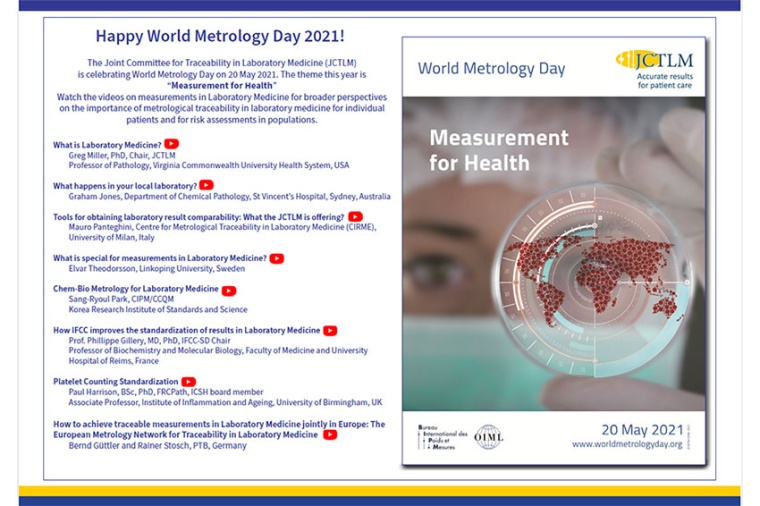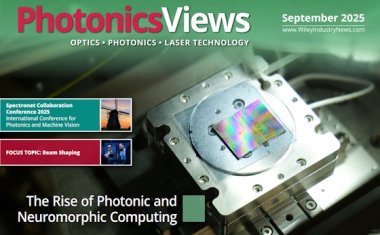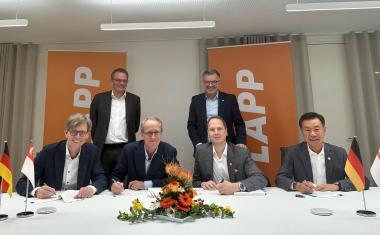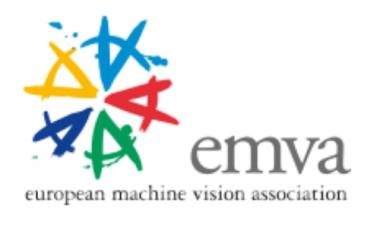The world language of measurements
World Metrology Day commemorates the great achievements of the “universal language” for measurements.
“Your temperature is 102 degrees – that’s a fever!” “Excuse me?” You could experience a confusing conversation like this if you feel ill during your vacation in the US and need to see a doctor. Temperatures are measured in Fahrenheit in the US, so 102 degrees Fahrenheit are equivalent to 38.9 degrees Celsius. This type of confusion (or even serious misunderstandings!) occurs very rarely – at least when measurement units are used in science.

We can thank a historical event which is commemorated on 20 May each year on World Metrology Day for this: the establishment of the Meter Convention. This contract was signed in 1875 by the most important industrial nations of that era. Since that date, almost all other countries in the world have followed suit and pledged to use only metric units. The U.S. and a few other countries represent a minority which still uses Anglo-Saxon units – but only in daily life. The metric system and the International System of Units (SI) are indisputably the common language in science. The Physikalisch-Technische Bundesanstalt (PTB), the national metrology institute of Germany, is the supreme authority in all issues related to measurement. For this year’s World Metrology Day with the theme of “Measurement for Health”, PTB has prepared an entertaining quiz for teachers, students and quiz lovers. In addition, PTB’s biochemistry experts have joined their colleagues all over the world to create several films.
During the Middle Ages, it was normal that cloth makers who wanted to sell their goods in the neighboring duchy needed to come to an agreement with their buyers about which ell to use. The hotchpotch of various different units – which could not be easily converted from one system to another – made trade, and thus economic development, very difficult. That all changed after the French Revolution when the first two consistent, metric units – the meter and the kilogram – began their triumphant march. However, they did not really become internationally accepted until roughly one hundred years later when the Meter Convention was established in 1875. Thanks to the Meter Convention, the metric system, which is easy to work with because it is based on zeros and tens, became a universal language. This language has included the International System of Units since 1960.
Since then, it has rarely been noticed that all of these things were achievements which should not be taken for granted. Following the reunification of Germany, doctors in West Germany and East Germany were surprised to find themselves being confused by their different use of the same language: In both parts of Germany, scientists were used to stating concentrations of substances in blood or urine using the SI units. However, the unit was called “millimoles per liter” in the former East Germany, while the Federal Republic of Germany used “milligrams per deciliter”. A conversation with another doctor or lab physician could lead to dangerous misunderstandings if the unit was not explicitly stated. As we know, habits are hard to break. In 2004, 13 years after the reunification of Germany, a doctor wrote in the Deutsches Ärzteblatt (a medical journal) that laboratory values were “useless without a conversion table”. But today there should be agreement here. (Source: PTB)










